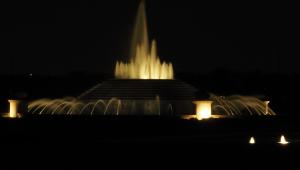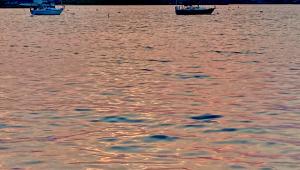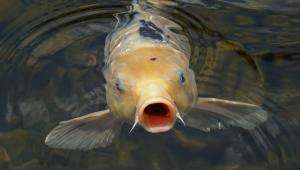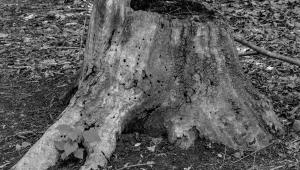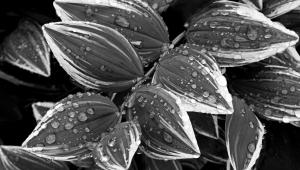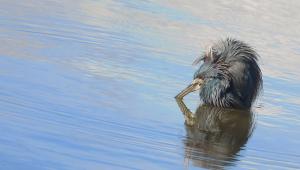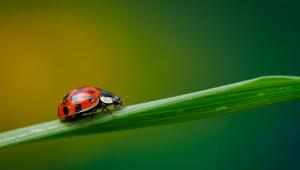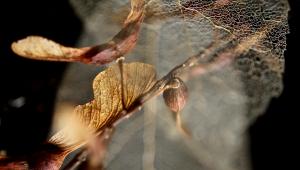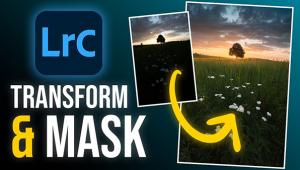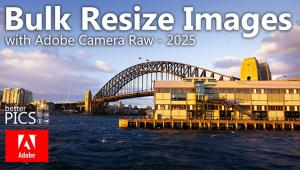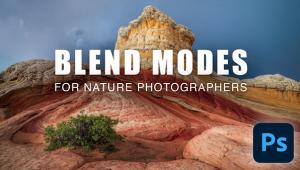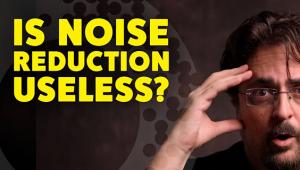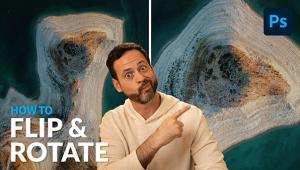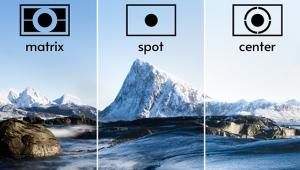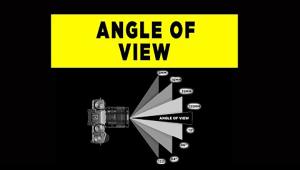- REVIEWS
Camera Reviews 
More Reviews 
Mobile Reviews Photography Reviews - NEWS
- FEATURES
- HOW-TO
- GALLERIES
- VIDEOS
- BUYER'S GUIDES
Please comment briefly on the filters you think are useful. If you shoot IR please mention your favorite IR filters.
Please comment briefly on the filters you think are useful. If you shoot IR please mention your favorite IR filters.
Yes, but only for protection of the front element.
21% (56 votes)
I still use polarizing, ND and grads over the lens.
76% (198 votes)
I don't bother with filters anymore.
3% (7 votes)
Total votes: 261
| Camera Reviews Other Reviews | Mobile Reviews Photography Reviews Columns | News | Features | How-To | Resources |
 © 2025 Shutterbug
© 2025 ShutterbugAVTech Media Americas Inc., USA
All rights reserved
